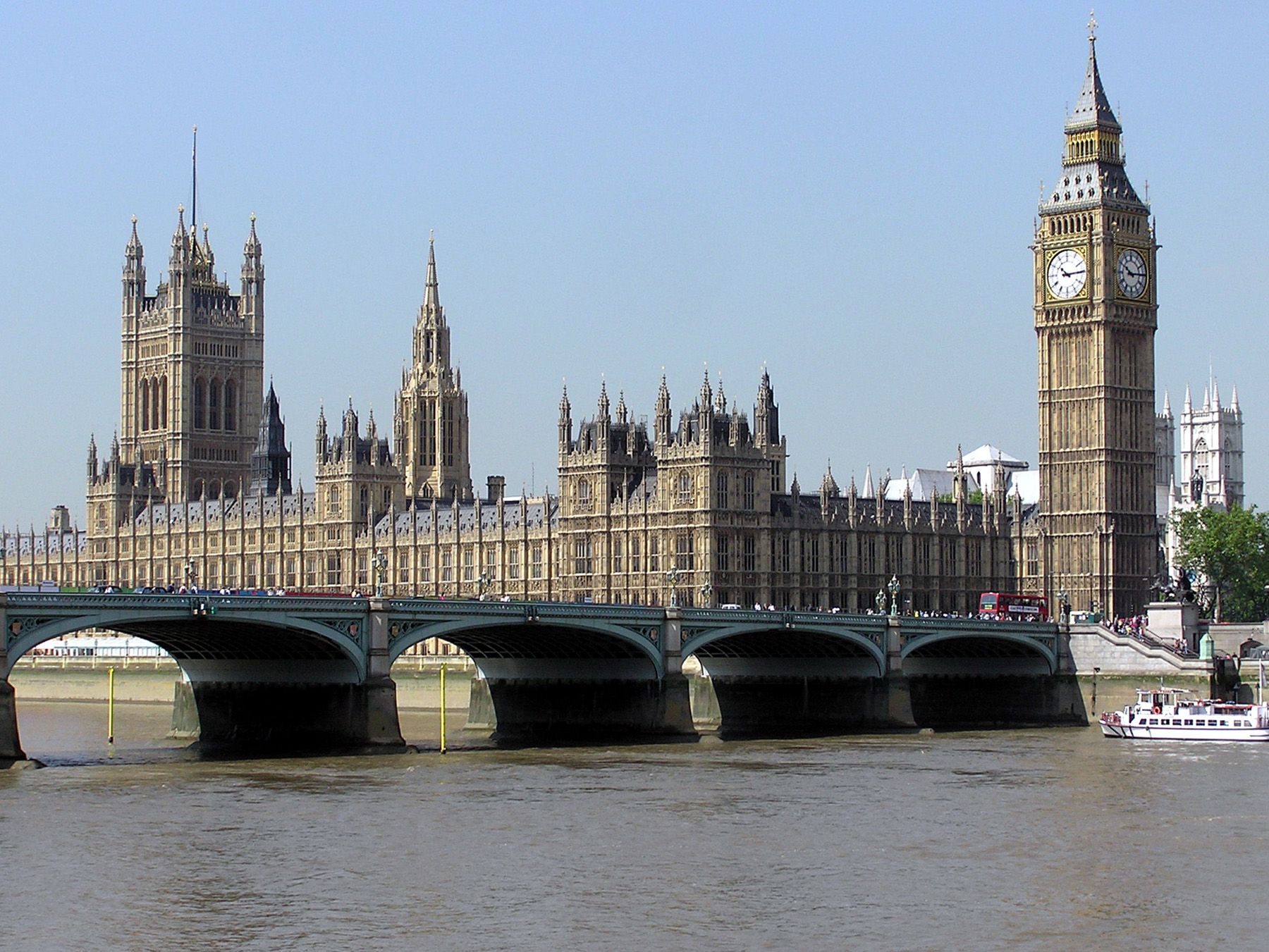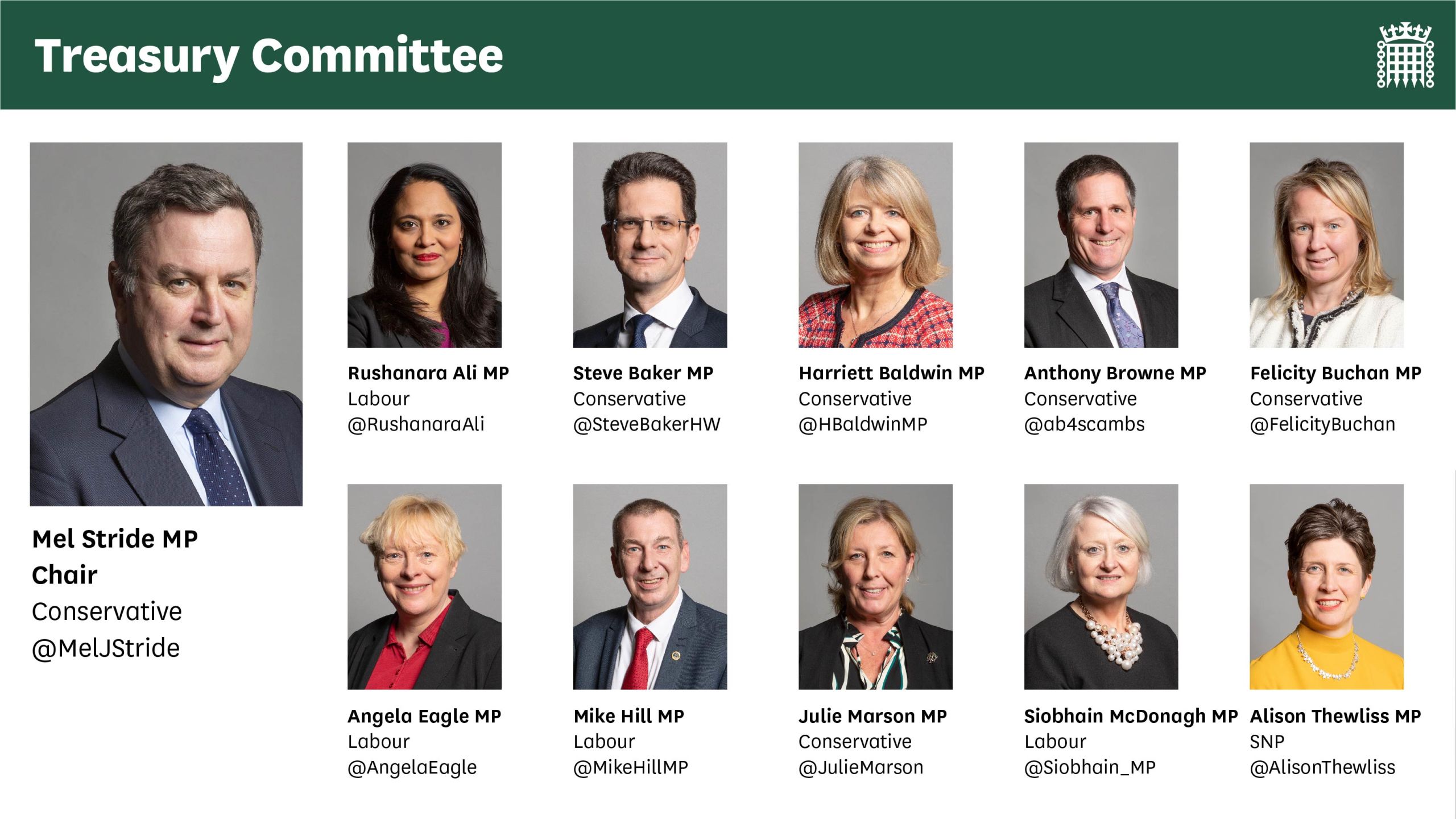Are there gaps in support in the Government’s response to coronavirus?

The economic impact of coronavirus has been severe.
Have UK Government support packages done enough to help everyone?
Our inquiry

The Treasury Committee’s inquiry into the economic impact of coronavirus has so far:
- received over 16,000 submissions from individuals and organisations in response to its call for evidence
- held 10 – and counting – evidence sessions with ministers, Government officials, Bank of England representatives, regulators and experts
- corresponded extensively to press the Government to improve its response
We are grateful for all the responses given to us so far in this inquiry.
Current Government support schemes
for the employed and self-employed

The Chancellor has frequently stated that he will do whatever it takes to protect jobs and incomes and keep as many people as possible in employment.
He announced significant financial support to businesses in the form of loans and grants, and specific interventions targeted at protecting jobs and keeping people in employment via the introduction of two support schemes.
The Coronavirus Job Retention Scheme (CJRS)
The CJRS is designed to give employed workers 80% of their salaries up to a cap of £2,500.
The Self-Employment Income Support Scheme (SEISS)
The SEISS was designed to pay self-employed people 80% of their average monthly trading profits over the last three years.
Some feel left behind
Not everyone is eligible for Government support

Government intervention to protect jobs and livelihoods is welcome but rolling out financial support at pace, and at such a huge scale, has inevitably resulted in some hard edges in policy design and some critical gaps in provision.
More than two months on from the introduction of restrictions that locked down large sectors of the economy, many people continue to endure financial hardship whilst being unable to benefit from the Government's two principal support schemes.
In particular, we are concerned about four groups of people outlined below.
1. Those newly in employment or newly self-employed
Data suggests that there are typically more than half a million people starting a new job every month, and there are likely to be hundreds of thousands of people who have set themselves up in business since April 2019 who do not meet the eligibility criteria for either scheme.
2. Those self-employed with annual trading profits in excess of £50,000
They are ineligible for support because their profits exceed a cap set by the Government. It has been estimated that around 225,000 individuals may be included in this group.
3. Directors of limited companies
Directors who take a large part of their income in dividends and are only entitled to claim support under the CJRS on the typically small PAYE component of their income. There may be around 710,000 individuals impacted.
4. Freelancers and those on short-term contracts
They are unlikely to be eligible for either of the Government's two principal income support schemes.
We received a large number of written submissions from people in this group.
The Government needs to do something for these people if it is to completely fulfil its promise of protecting incomes and jobs.

Five ways the Government could address these concerns
The Government should find a way to extend eligibility criteria to all new starters, perhaps by further extending the cut-off date to 31 March 2020, or widening access by accepting alternative forms of evidence that can demonstrate an individual's employment, such as a signed contract of employment.
The Government must remove the £50,000 cap and allow those with profits just over this cap access to some financial support, up to the total monthly support cap of £2,500 (as for salaried employees).
The Government must find a practical solution to supporting the many limited company directors who are missing out on support because they pay themselves in dividends. IPSE has presented the Treasury with a ready-made solution and we urge the Government to accept and implement this proposal. While it will have immediate cost implications, it could mitigate future economic scarring and safeguard future tax revenues.
We recommend the Government gives freelancers and the newly self-employed access to the same financial support as salaried employees (80% of their average annual incomes), or makes a flat rate of support available to all groups of self-employed who are ineligible for the Self Employed Income Support Scheme.
We recognise the challenges of offering support while implementing the safeguards required to mitigate the very real risk of fraudulent claims for support. However, we encourage the Government to undertake an urgent review to see how it can extend support to those newly self-employed who are unable to benefit from the SEISS.



The Government must act to help the million-plus people who have lost livelihoods while being locked down and locked out of support.
What happens next?

We have made these recommendations to the Government.
The Government has two months to respond to our report.
Our report, Economic impact of coronavirus: Gaps in support, was published on 15 June 2020.
Detailed information from our inquiry can be found on our website.
If you’re interested in our work, you can find out more on the House of Commons Treasury Committee website. You can also follow our work on Twitter.
The Treasury Committee is a cross-party committee of MPs that examine the expenditure, administration and policy of HM Treasury, HM Revenue & Customs, and associated public bodies, including the Bank of England and the Financial Conduct Authority.
Cover image credit: Free-Photos / 9088 images via Pixabay

